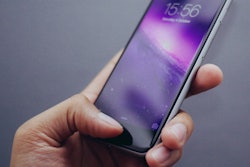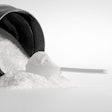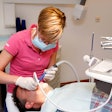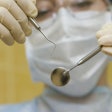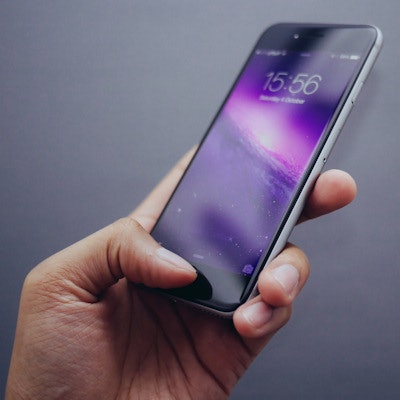
Teens who spend much of the day watching TV or on their phones consume more sugared, caffeinated drinks, linking extended screen time and potential health problems, including obesity, caries, and diabetes, according to a new study published October 22 in PLOS One.
Despite overall soda and energy drink consumption decreasing among teens, approximately 27% of them exceeded recommended sugar intakes, and about 21% exceeded the recommended daily caffeine levels, the researchers found.
"Our findings suggest that watching TV and talking on the cellphone were associated with the greatest odds of exceeding recommended intakes of sugar and caffeine," wrote the authors, led by Kelly Bradbury of the department of pediatrics at the Centre for Metabolism, Obesity, and Diabetes Research at McMaster University in Hamilton, Ontario.
Substantial amounts of sugar and caffeine contribute to the diet of youth, despite declines in the consumption of sugary beverages, energy drinks, and sodas. Drinking large volumes of these beverages can lead to numerous negative health outcomes, including dental caries, tooth wear, obesity, and poor sleeping habits.
The researchers assessed approximately 32,400 eighth and 10th grade students from about 250 schools randomly selected across the U.S. The students were between the ages of 13 and 16, and their data were pulled from the national, repeated, cross-sectional 2013-2016 Monitoring the Future survey.
The findings showed that each extra hour of TV per day was associated with a teen consuming an additional 14 g of sugar each day. Playing video games, talking on a cellphone, using social media, together, were associated with an additional 8.2 g of added sugar intake each day.
Also, the more time teens spent on electronic devices, the more caffeine they consumed. Caffeine use was about 16.9 mg higher per each hour of TV watching and approximately 21.9 mg higher per additional hour of talking on the phone, the researchers found.
Each additional hour of screen time per day was connected to a 32% greater chance of exceeding experts' recommendations for sugar intake and a 28% higher risk of exceeding recommendations for caffeine consumption.
Surprisingly, time spent playing video games contributed relatively little to added sugar and caffeine intake, the authors noted.
The study had some limitations, including that the sources of the caffeine and sugar intakes were limited to soda and energy drinks. The content per drink was estimated based on average content among beverage groups and not intake of specific brands. Also, the overall caffeine intake may be misrepresented because it did not include drinks, such as coffee and tea, according to the researchers.
With these findings in mind, clinicians should work to make teens more mindful of their screen time and their drink choices, the study authors concluded.
"Addressing these behaviors through counseling or health promotion could potentially help to reduce excess sugar and caffeine intake from sodas and energy drinks among this population," they wrote.







